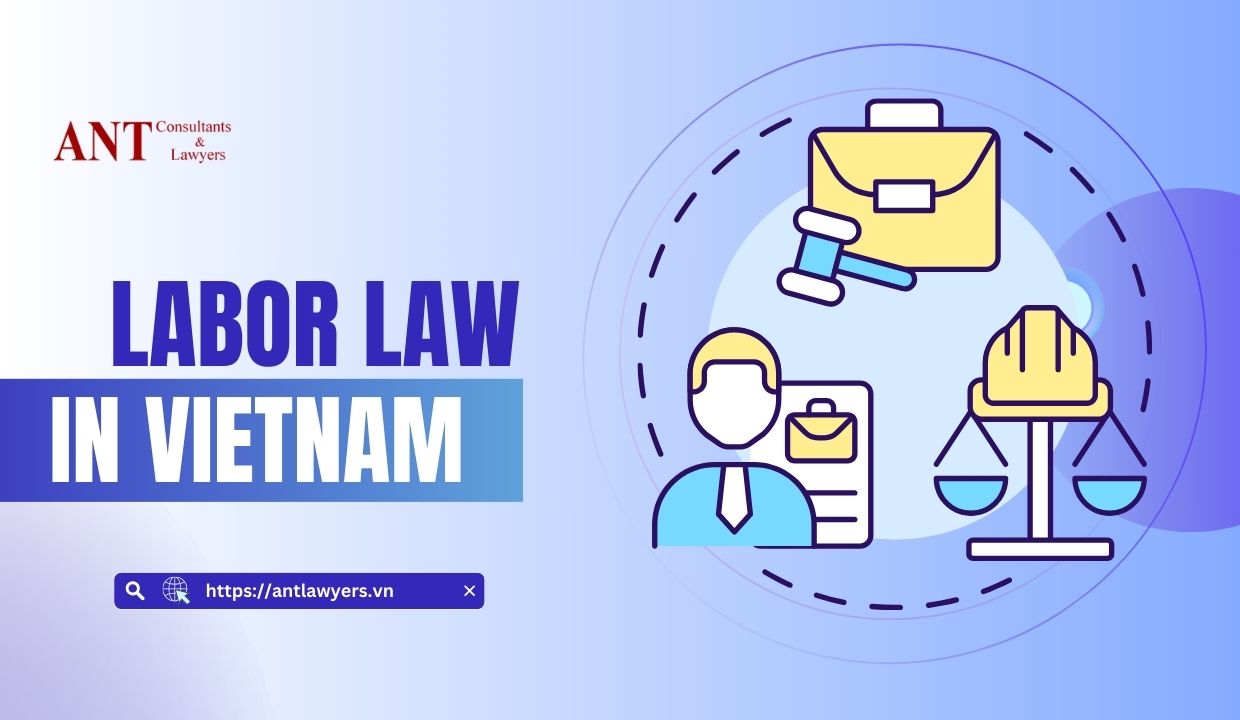Navigating the intricacies of labor law in Vietnam is essential for both employers and employees to ensure a harmonious and productive workplace. The labor law in Vietnam encompasses a wide range of regulations and provisions designed to protect the rights and interests of workers while ensuring that employers can effectively manage their workforce. This article aims to provide a detailed overview of the key aspects of labor law in Vietnam, highlighting its significance in fostering fair labor practices and promoting a stable employment environment.

The Framework of Labor Law in Vietnam
The labor law in Vietnam is grounded in the Labor Code, which has undergone several amendments to adapt to the changing socio-economic landscape and international labor standards. The Labor Code outlines the rights, obligations, and responsibilities of employees and employers, covering various domains such as employment contracts, working hours, wages, labor discipline, and dispute resolution.
Employment Contracts in Vietnam
A cornerstone of the labor law in Vietnam is the employment contract, which formalizes the employment relationship between the worker and the employer. The Labor Code mandates that employment contracts be in writing, specifying terms and conditions such as job description, working hours, salary, and workplace policies. It distinguishes between definite and indefinite contracts, offering flexibility while ensuring job security for employees.
Working Hours and Overtime in Labor Contract
Labor law in Vietnam stipulates a standard workweek of 48 hours, typically divided into six working days. However, to accommodate business needs and employee well-being, the law allows for overtime, capped at a certain limit and subject to additional pay. Employers are required to ensure that overtime does not exceed the legal maximum and that employees are compensated fairly, reflecting the importance placed on work-life balance.
Wages and Benefits
Wages are a critical component of labor law in Vietnam, with the government periodically setting minimum wage standards to protect workers’ living standards. Employers must comply with these standards and ensure timely payment of wages. Additionally, labor law in Vietnam encompasses various social and health insurance benefits, mandating employer and employee contributions to support workers’ welfare.
Labor Discipline and Termination
Labor law in Vietnam provides a clear framework for labor discipline and the termination of employment. Employers are required to establish clear disciplinary procedures and only terminate employment contracts under conditions strictly defined by the law, such as performance issues, misconduct, or business downsizing. This ensures that termination decisions are fair, transparent, and justifiable.
Dispute Resolution
Dispute resolution is an essential aspect of labor law in Vietnam, offering mechanisms for addressing grievances and conflicts in the workplace. The Labor Code encourages mediation and arbitration as the first steps in resolving disputes, with litigation as a last resort. This approach emphasizes dialogue and mutual understanding, aiming to preserve employment relationships whenever possible.
Labor Unions and Collective Bargaining
Labor law in Vietnam recognizes the role of labor unions in protecting workers’ rights and interests. Unions are actively involved in negotiating collective bargaining agreements, which cover working conditions, wages, and benefits. This collaborative process between employers and unions underlines the collective approach to labor relations promoted by Vietnamese labor law.
Occupational Safety and Health
Ensuring a safe and healthy work environment is a fundamental principle of labor law in Vietnam. Employers are obligated to comply with safety regulations, conduct regular risk assessments, and provide training and protective equipment to employees. This reflects the commitment to minimizing workplace hazards and protecting employee well-being.
Compliance and Enforcement
Compliance with labor law in Vietnam is enforced through regular inspections and penalties for violations. Employers must maintain accurate records of employment contracts, wages, and working hours, and are subject to audits by labor authorities. This enforcement mechanism ensures adherence to labor standards and deters non-compliance.
Labor law in Vietnam plays a pivotal role in shaping the employment landscape, balancing the needs of employers and the rights of employees. By adhering to these guidelines, businesses can foster a compliant, ethical, and productive workplace.
As Vietnam continues to integrate into the global economy, the evolution of its labor law will remain crucial in attracting investment and promoting sustainable development. Understanding and implementing the principles of labor law in Vietnam is not just a legal obligation but a strategic advantage in building a resilient and motivated workforce
About ANT Lawyers, a Law Firm in Vietnam
We help clients overcome cultural barriers and achieve their strategic and financial outcomes, while ensuring the best interest rate protection, risk mitigation and regulatory compliance. ANT lawyers has lawyers in Ho Chi Minh city, Hanoi, and Danang, and will help customers in doing business in Vietnam.
How ANT Lawyers Could Help Your Business?
You could learn more about ANT Lawyers Labor lawyers in Vietnam or contact our lawyers in Vietnam for advice via email ant@antlawyers.vn or call our office at +84 28 730 86 529




